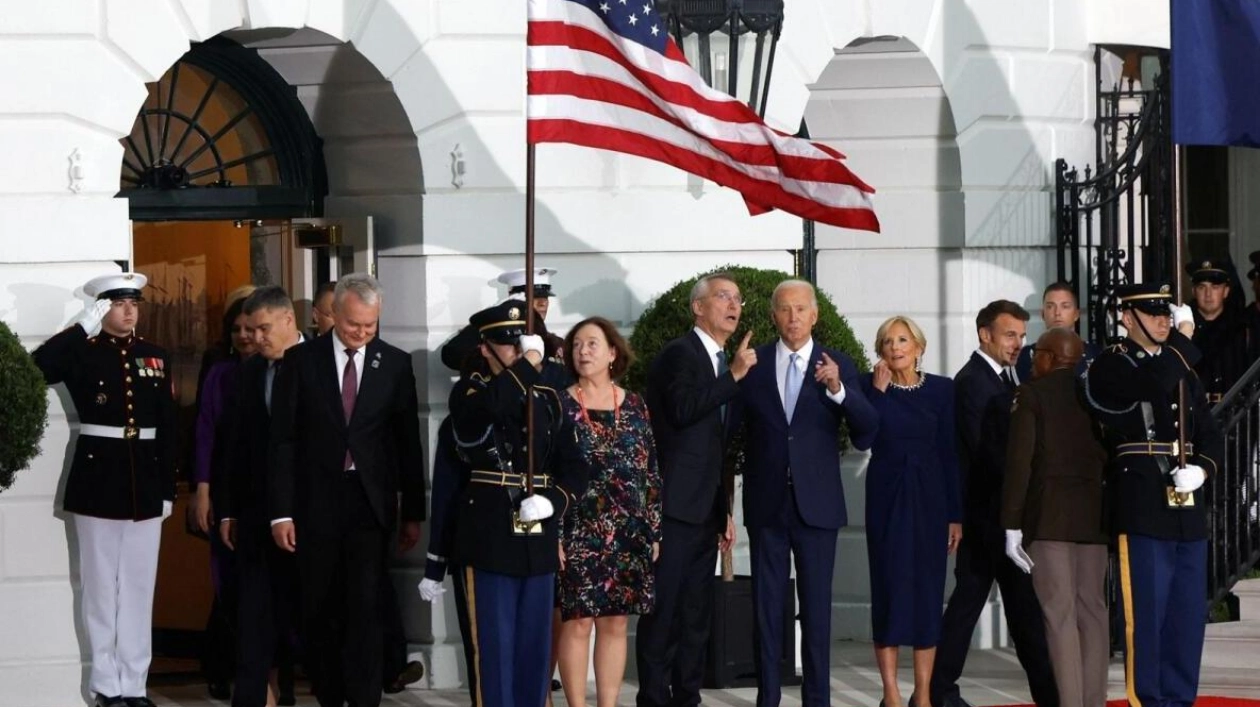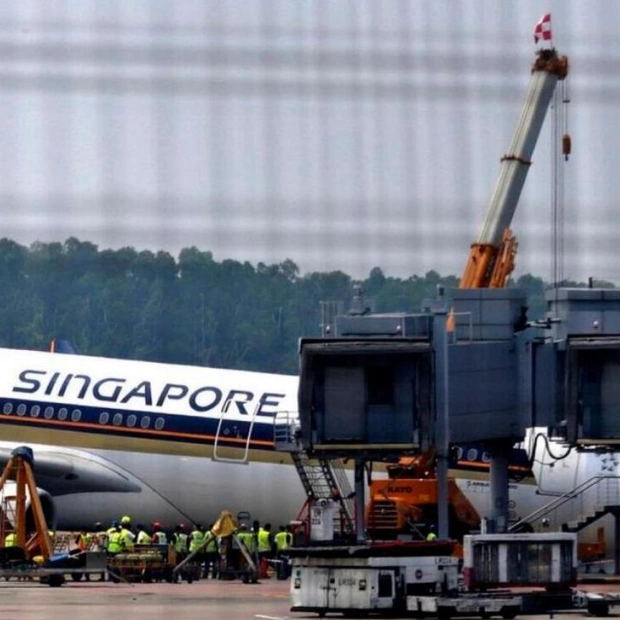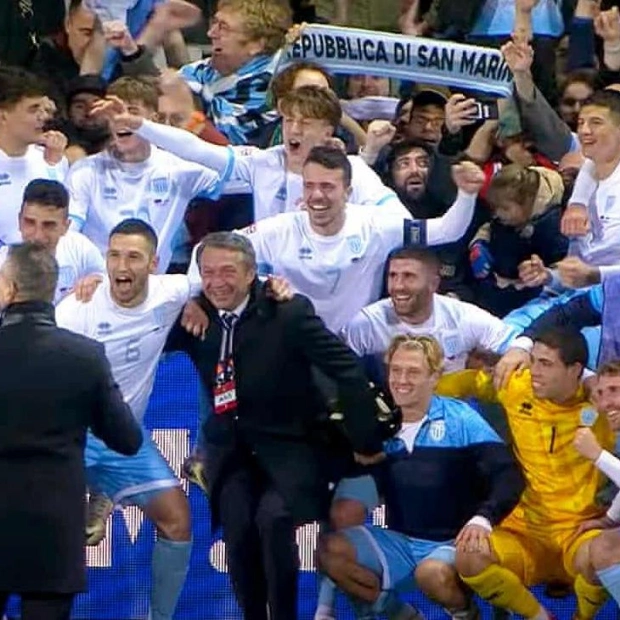At their summit in Washington on Wednesday, NATO countries unveiled a "substantial package" of support for Ukraine, according to alliance chief Jens Stoltenberg. But what precisely is NATO offering this war-ravaged nation two and a half years into Russia's assault? NATO plans to enhance its role in coordinating training and weapon deliveries for Ukraine by establishing a centralized command, shifting this responsibility from the United States. This strategic move is intended to safeguard supplies to Kyiv in case Donald Trump returns to the White House after November's presidential election. The new setup will involve hundreds of personnel from various NATO member states stationed at a base in Germany and key locations along the alliance's eastern border. Although the change is relatively modest, with a three-star US General likely to lead, it marks a significant step for an alliance that has previously avoided direct involvement in arming Ukraine due to fears of escalating tensions with Russia. NATO countries have committed to continuing their support for Ukraine at the current rate for another year, with a minimum of 40 billion euros ($43 billion). "Through proportional contributions, allies intend to provide a minimum baseline funding of 40 billion euros within the next year, and to provide sustainable levels of security assistance for Ukraine to prevail," stated a summit declaration. This political promise aims to solidify aid, though it is not legally binding and could be disregarded by future leaders. Initially, Stoltenberg had hoped for a multi-year commitment, but the US insisted on a review next year. NATO did not grant Ukraine its primary desire: a clear invitation to join the alliance in the near future. Instead, leaders reiterated that Kyiv will become a member "when allies agree and conditions are met." To boost Ukraine's morale, leaders affirmed that Kyiv's path to membership is "irreversible" and that the NATO package "constitutes a bridge" to joining. More concretely, US President Joe Biden announced a significant package of advanced air defenses to aid Kyiv in repelling Russian attacks. This included previously known contributions such as Germany and Romania each sending a Patriot battery, the Netherlands providing parts for one, and Italy offering a similar system. Additionally, the United States will contribute one more Patriot system. Despite these commitments, NATO falls short of providing the seven Patriot systems Ukraine has urgently requested since April. Biden and other leaders pledged to supply Ukraine with dozens of shorter-range systems in the coming months. The US, Netherlands, and Denmark also announced that the long-awaited transfer of F-16 fighter jets to Ukraine is "now underway" and will be operational this summer. Denmark and the Netherlands had previously indicated their intention to deliver these aircraft to Kyiv soon. In total, NATO allies have promised to deliver dozens of F-16 jets to Kyiv in the coming years, although this falls significantly short of the approximately 120 jets that Ukrainian President Volodymyr Zelensky says his country needs.

Text: Lara Palmer
11.07.2024
Alliance plans enhanced role in coordinating aid, but falls short of Ukraine's major requests





